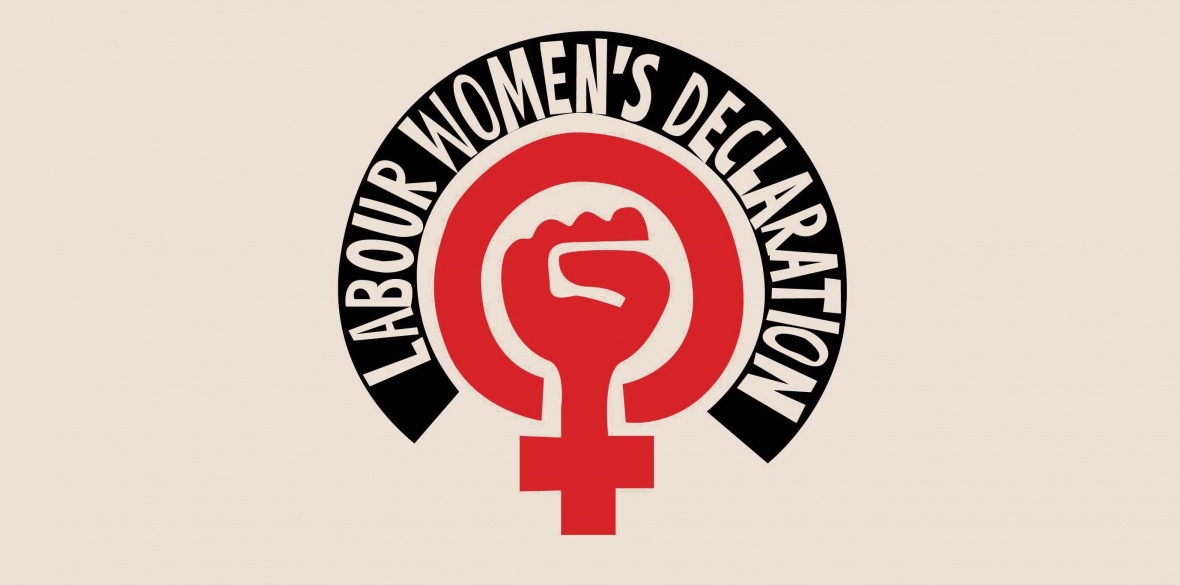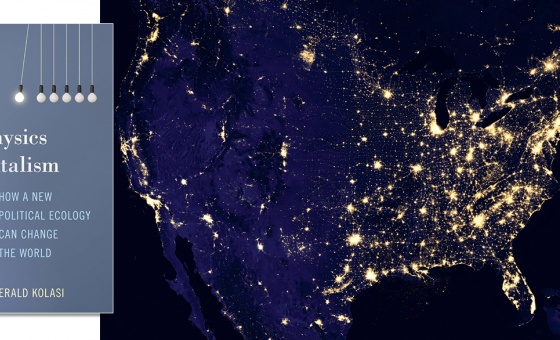This is the last article you can read this month
You can read more article this month
You can read more articles this month
Sorry your limit is up for this month
Reset on:
Please help support the Morning Star by subscribing here
SEX-BASED rights clearly matter. And until very recently there has been no open debate about this subject. Now, through the medium of petitions in support of pledges or declarations on women’s sex-based rights, thousands of women and men right across the political spectrum are speaking out about this issue.
Following the launch of the SNP women’s pledge in October, a group of Labour women decided to create a declaration of their own, specific to Labour.
Having enlisted 300 founder signatories, they then launched it on November 12, along with a Facebook page, a Twitter account and a comments section on the petition.
Within two weeks they had an additional 3,000 signatories and were happy when they saw in the 2019 Labour manifesto several fabulous policies for women and a guarantee to “ensure that the single-sex exemptions contained in the Equality Act 2010 are understood and fully enforced in service provision.”
Shortly afterwards Lib Dem women started their own petition, and one by one, women from all the major parties have followed suit, culminating earlier this week in a petition from Conservative women.
The declarations differ slightly, as each one sits within a party context.
The BBC has not produced an election guide on what to look out for regarding women’s issues.
If one of its journalists were to look into it, they would do well to peruse the comments sections of these various petitions.
They would find that people know that sex is real, biology is real, women need separate spaces away from men and that failure to ensure that women’s rights are protected will lose votes.
Hopefully this new focus may cut through the toxicity that there has been around this subject and allow for some sensible solutions to be found.
One thing that all these petitions have in common is some version of the following: “Women and girls have the right to discuss policies which affect them, without being abused, harassed or intimidated, and we condemn all attempts to undermine or limit the rights of women to self-organise, and call on the party to actively support these essential freedoms.”
Women are rising and will not be silenced. The subject has finally burst out of its social media bubble and is now squarely in the public domain.
Thousands of signatories across all political parties cannot be dismissed as easily as individual feminist activists who have borne the brunt of the battle so far.
Encouragingly, one of the main organisations campaigning for women’s sex-based rights, Fair Play for Women, has recently been acknowledged for its work on fairness in sport.
Its director, Dr Nicola Williams, has been shortlisted for an award for her work advocating for meaningful competition and safety for women in sport through maintaining the female sex category.
Another key organisation in this struggle, Woman’s Place UK, is organising a conference in February next year to bring us “rising women” together.
It also has an analysis of all the manifestos on its website and suggested questions to ask election candidates regarding women’s rights.
The subject of single-sex spaces refuses to go away. It needs to be discussed openly without fear of reprisals.
Recently we have seen high street shops adopt mixed-sex changing rooms.
And earlier this month there were two legal cases related to what we think, believe and say on this subject — legal precedents are already being set.
Tax researcher Maya Forstater lost her job at a think tank for her belief that it is not possible to change sex, and she took her former employer to an employment tribunal over their decision.
And former police officer Harry Miller challenged the College of Policing in the High Court about its hate crime operational guidance, under which a law-abiding citizen can have their name recorded against a hate incident on a crime report when there was neither hate nor crime.
While sex-based rights are only just coming to the fore as a discussion topic here in Britain, internationally the situation varies.
Some countries have already replaced “sex” as a protected characteristic with “gender identity” and if this change becomes enshrined any further in international law it will do lasting damage.
In March the Women’s Human Rights Campaign launched its Declaration on Women’s Sex-Based Rights, which reaffirms the human rights of women already established in existing UN documents such as the Convention on the Elimination of all Forms of Discrimination Against Women (Cedaw), and affirms the global importance of retaining sex-based rights.
Sex-based legislation matters particularly for lesbians, as their rights are enshrined in law as being same-sex attracted.
Liane Timmermann from lesbian campaign group Get The L Out explains: “If the basis of the legal definition of ‘woman’ shifts from biology: ‘human female,’ to gender: ‘anyone who identifies as a woman,’ this leaves lesbians in limbo with no legal protections.
“Sexual orientation as a protected characteristic under the Equality Act 2010 becomes meaningless if anyone can identify as a woman — and therefore as a lesbian — regardless of their biological sex.”
So what is the current state of play for our sex-based rights?
The right to freedom of assembly, belief and expression is currently enshrined in law (Articles 7, 18, 19 and 20 of the UN Declaration of Human Rights).
And the right to have single-sex spaces is in the Equality Act (2010).
Only the Lib Dem manifesto suggests revoking this. The Tories don’t mention it, which is a good sign. The Labour manifesto commits to strengthening it and clarifying the use of exemptions.
In that case, why are organisations and institutions across the land behaving as if “sex” has already been replaced by “self-defined sex” in law?
From the Girl Guide Association and the YHA, to the NHS and the police, policies and practices have been rewritten which put women and girls at risk and contravene equality law.
Influential lobby groups, such as Mermaids and Stonewall, are providing “off the peg” diversity and equality policies for anyone who asks.
They also, of course, proactively approach organisations offering to update said policies.
Everyone wants to be seen as tolerant and inclusive and to get those rainbow-coloured diversity ticks and awards without thinking the issue through. What we are seeing is policy capture, right across the board.
But empty gestures do nothing to advance the cause of equality and inclusiveness. That requires open, honest, informed discussion and education. Bringing people along with you. Changing hearts and minds.
So while it is encouraging to see this plethora of petitions as people wake up to the very real threat to women’s sex-based rights, the culture has already started to change and we’re in danger of seeing women’s hard-won protections being eroded.
Can we undo this and reaffirm the legal right of women and girls to privacy and dignity? I for one hope so.
Paula Boulton is a co-founder of the Labour Women’s Declaration.
The women’s declarations can be found at the following links: SNP (mstar.link/SNPWomensPledge), Labour (mstar.link/LabourWomensDeclaration), Lib Dems (mstar.link/LibDemWomensPetition), Green Party (mstar.link/GreenWomensDeclaration), Women’s Equality Party (mstar.link/WEPWomensRights) Conservative Party (mstar.link/ConservativeWomensPledge).











